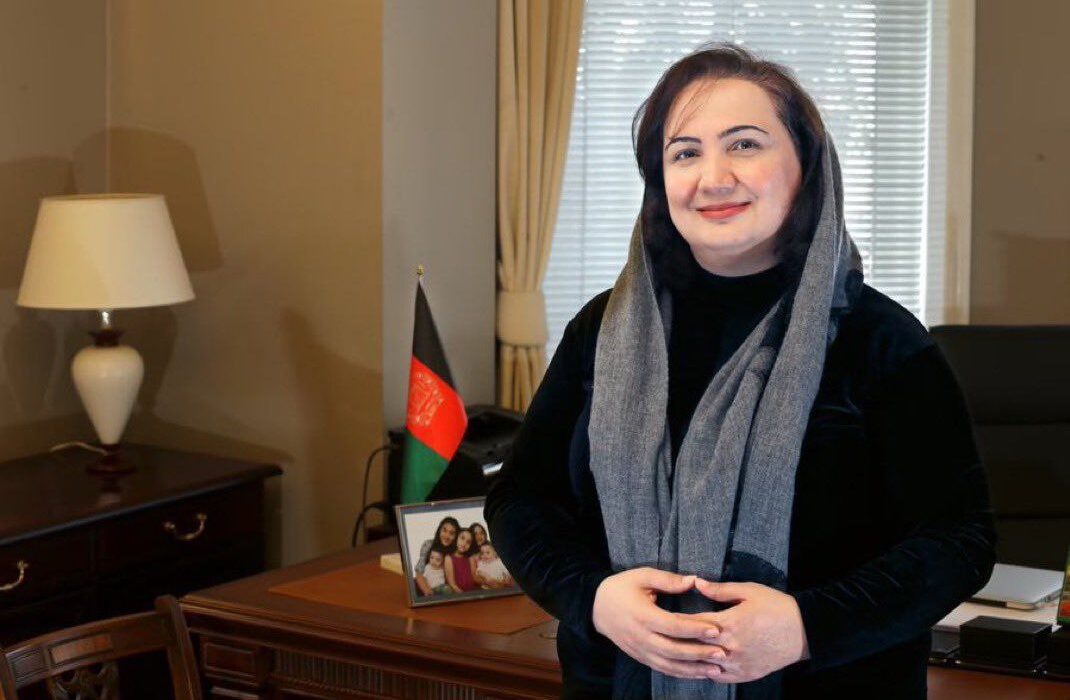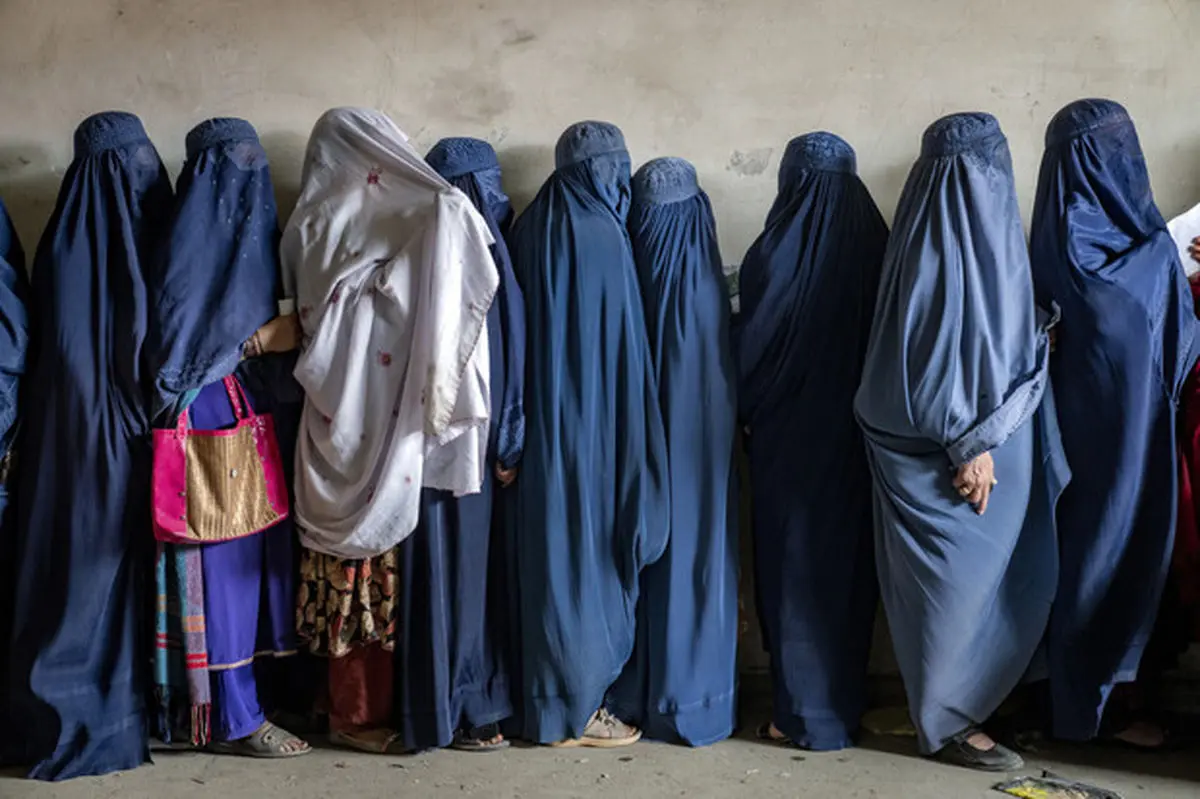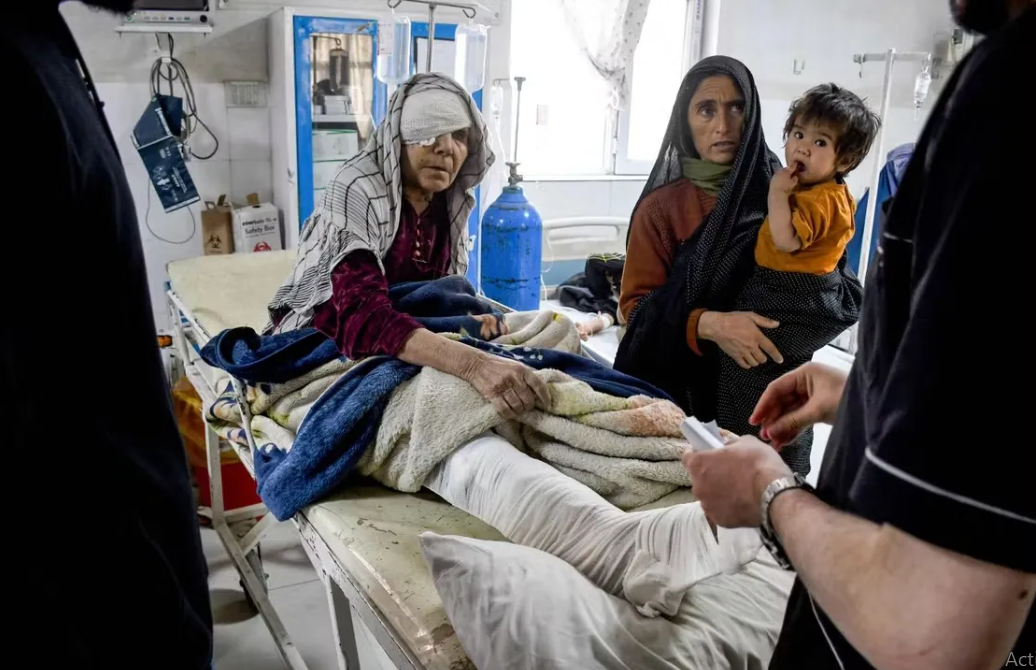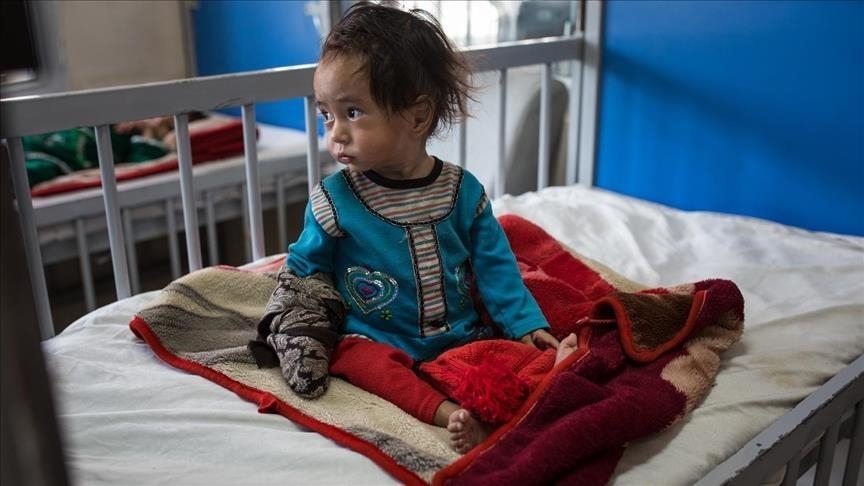
Shukria Barakzai, former member of the Afghan Parliament and former Afghan ambassador to Norway, has been elected as the Deputy of the World Liberty Congress. In a statement, the World Liberty Congress announced that this election reflects the organization’s commitment to inclusive leadership and the empowerment of women in advancing freedom, equality, and human dignity. In her message to the members of the Congress, Barakzai emphasized teamwork and stated: “Together, we stand for freedom, equality, and justice—stronger, more united, and committed to global change.” The second meeting of the World Liberty Congress was held in Berlin, attended by representatives from 60 countries. This three-day conference focused on strategies to confront authoritarian regimes, the situation of political prisoners, and the strengthening of civil resistance. During the event, elections for the Congress leadership were also held, resulting in a new executive committee after two years. Leopoldo López, Secretary-General of the World Liberty Congress, said that the organization is building a global coalition which, according to him, will become “the largest alliance of freedom fighters and defenders of democracy.” The goal of the Congress is to foster unity and cooperation in the fight against injustice and to defend universal values such as free elections, human rights, and the rule of law.









